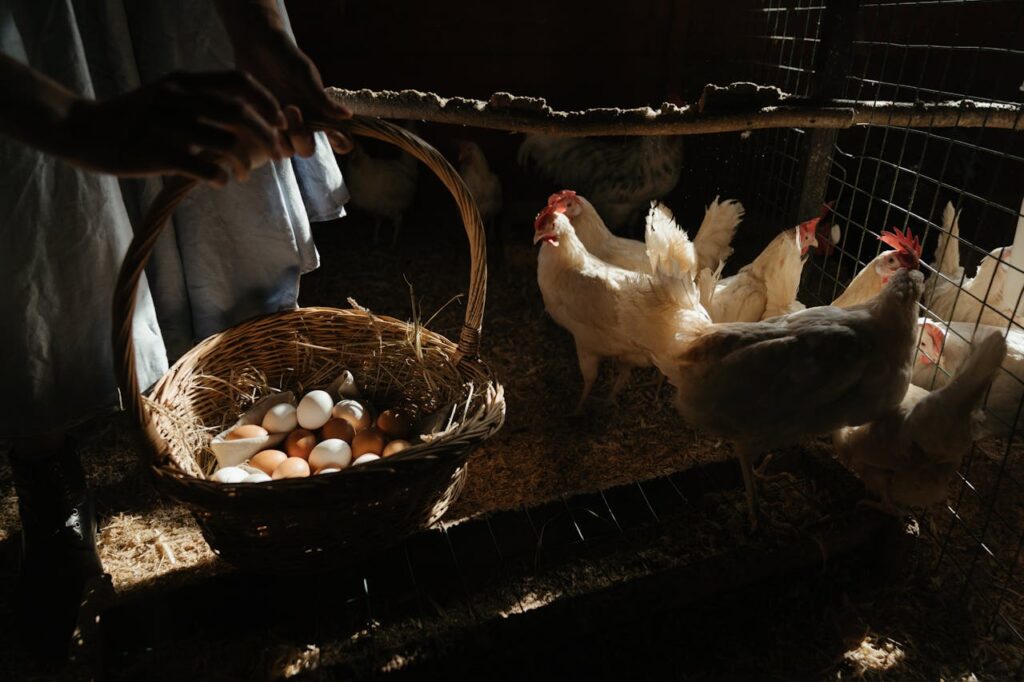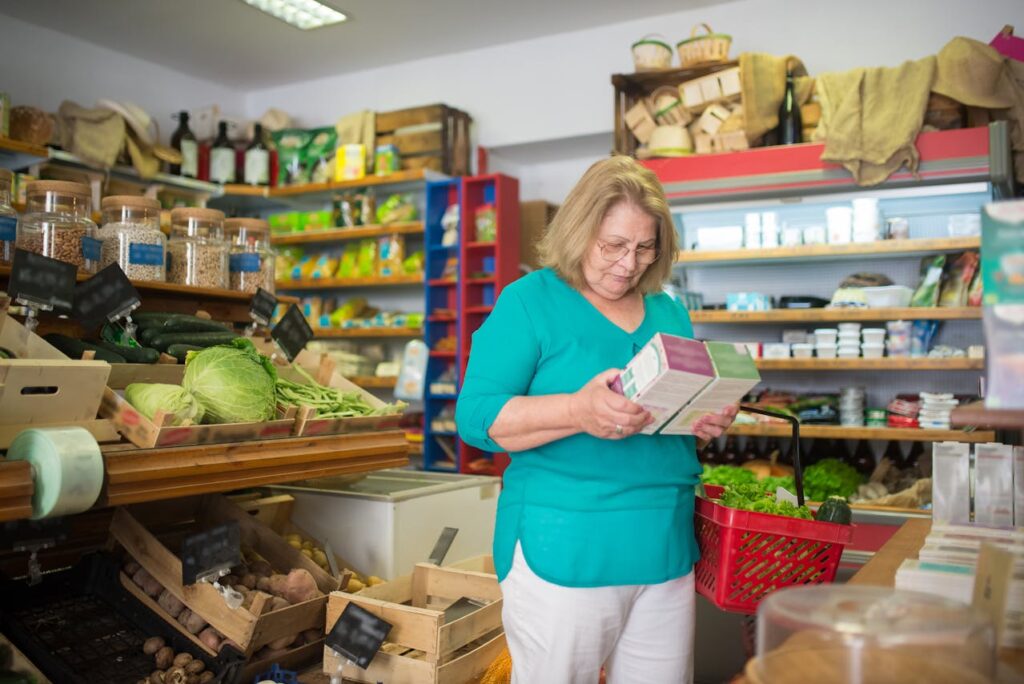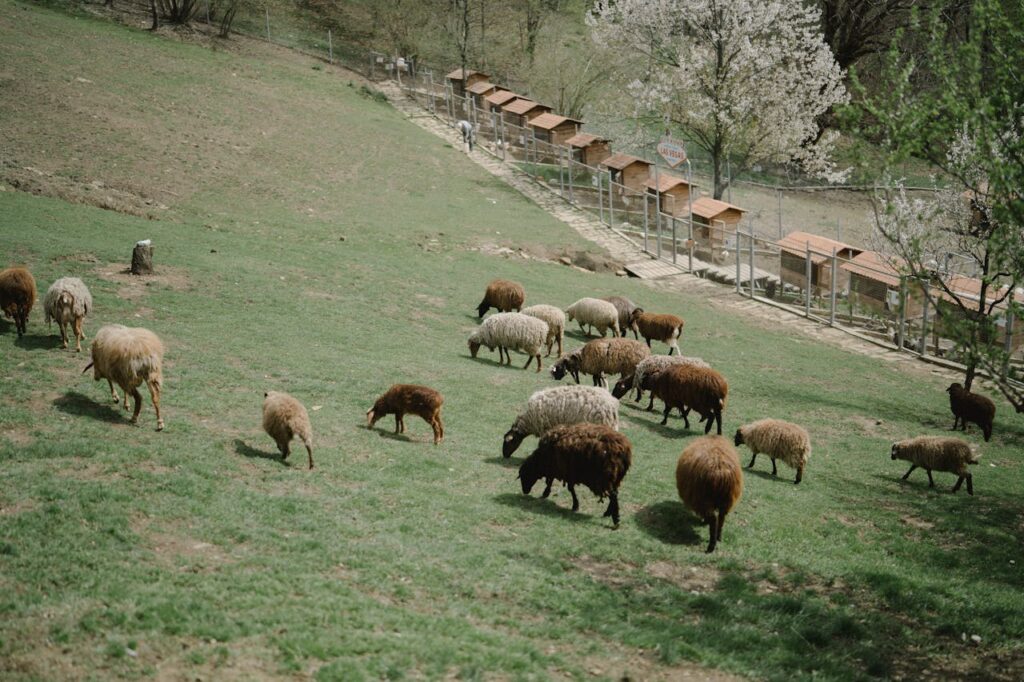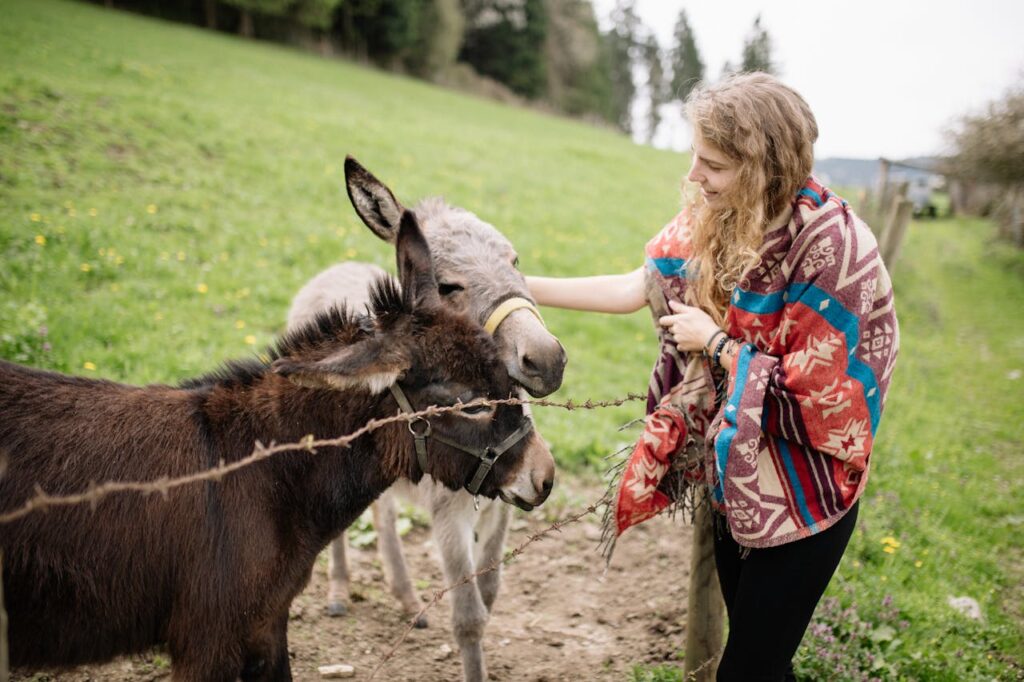Veganism is more than just cutting out meat and dairy. It’s a lifestyle focused on avoiding harm to animals in all areas of life. But what does that really mean in practice? In this post, I’ll explain what veganism involves, where it comes from, and why more people choose veganism as a way to make mindful, everyday choices.
The Definition of Veganism
At its core, veganism means choosing to live in a way that avoids using animals for food, clothing, or any other purpose. It’s not just about what’s on your plate. It’s also about making thoughtful choices that reduce harm to animals and the planet.
The term was first introduced in the 1940s and has grown into a global movement. People who follow this lifestyle avoid meat, dairy, eggs, leather, wool, and even products tested on animals. It’s a commitment to living with more awareness and compassion, one decision at a time.
Why People Choose Veganism
People are drawn to veganism for many reasons. For some, it begins with compassion—choosing not to support industries that rely on animals for profit or use them in harmful ways.
Others make the switch after learning how animal farming affects the environment. Issues like deforestation and greenhouse gas emissions often play a big role in that decision.
Health can also be a motivator. While veganism isn’t the same as a whole food plant-based diet, many people still notice positive changes after removing animal products. Some of the most common benefits include better digestion, clearer skin, and lower cholesterol.
In the end, veganism is often about aligning actions with personal values—whether that’s kindness, sustainability, or well-being.
Veganism vs. Diets That Avoid Animal Products

Not everyone who avoids animal products identifies as vegan. Some follow a plant-based or vegetarian diet for health reasons but still use leather, wear wool, or buy products tested on animals.
Veganism is different. It’s not just about removing meat or dairy—it’s about avoiding animal use in all areas of life, as much as possible. That includes food, fashion, beauty products, and even household items.
Some diets—like vegetarian, plant-based, or WFPB (Whole Food Plant-Based)—can overlap with vegan eating. But they don’t always reflect the same lifestyle choices. Veganism goes beyond food. It’s a deeper commitment to living in a way that avoids using animals whenever possible.
Everyday Vegan Lifestyle

Adopting a vegan lifestyle often leads to more than just new habits. It shifts how you think about everyday choices. Many people start to feel more aware of the impact behind the things they buy and use. Over time, veganism becomes less about giving things up and more about living with intention.
This might mean choosing cruelty-free skincare, eco-friendly cleaning supplies, or clothing made from plant-based alternatives. These changes don’t need to happen all at once. Taking small, steady steps can lead to a lifestyle that feels both meaningful and aligned with your values.
Challenges of Going Vegan
Like any lifestyle change, embracing veganism can come with a few challenges—especially at the beginning. Finding the right foods, checking ingredient labels, or talking about your choices with others can feel a bit overwhelming at first.
Eating out may also be tricky, particularly in places with limited vegan options. And in social settings like family gatherings or during travel, you might face pressure or misunderstandings about your lifestyle.
Shopping for everyday items—such as skincare, shoes, or cleaning products—can take extra effort too. But the good news is, more companies now offer vegan-friendly alternatives, making it easier to stick with your values.
The key to veganism is understanding that it’s a journey. Rather than aiming for perfection, focus on steady progress. Each small step adds up—and over time, those choices can lead to real change.
Is Veganism Right for You?
Deciding whether to follow a vegan lifestyle is a personal choice. It often comes down to what matters most to you—whether that’s animal welfare, environmental concerns, or living in a way that feels more intentional.
Some people choose veganism by easing into it—starting with small changes like switching to dairy-free milk or eating less meat. Others dive in fully after learning about the impact of animal industries.
There’s no single “right” way to begin. What matters most is finding a pace that feels realistic and sustainable. Veganism isn’t about being perfect. It’s about making choices that reflect your values, even if it’s one step at a time.
Final Thoughts

Veganism is more than just a trend—it’s a conscious lifestyle that aims to reduce harm, support ethical choices, and live with intention. While it might look different for everyone, the heart of veganism is simple: choosing kindness, awareness, and responsibility in daily life.
Whether you’re curious about making the switch or just want to understand it better, learning about veganism is a step toward more thoughtful living. Start where you are, make one change at a time, and do what feels right for you.














